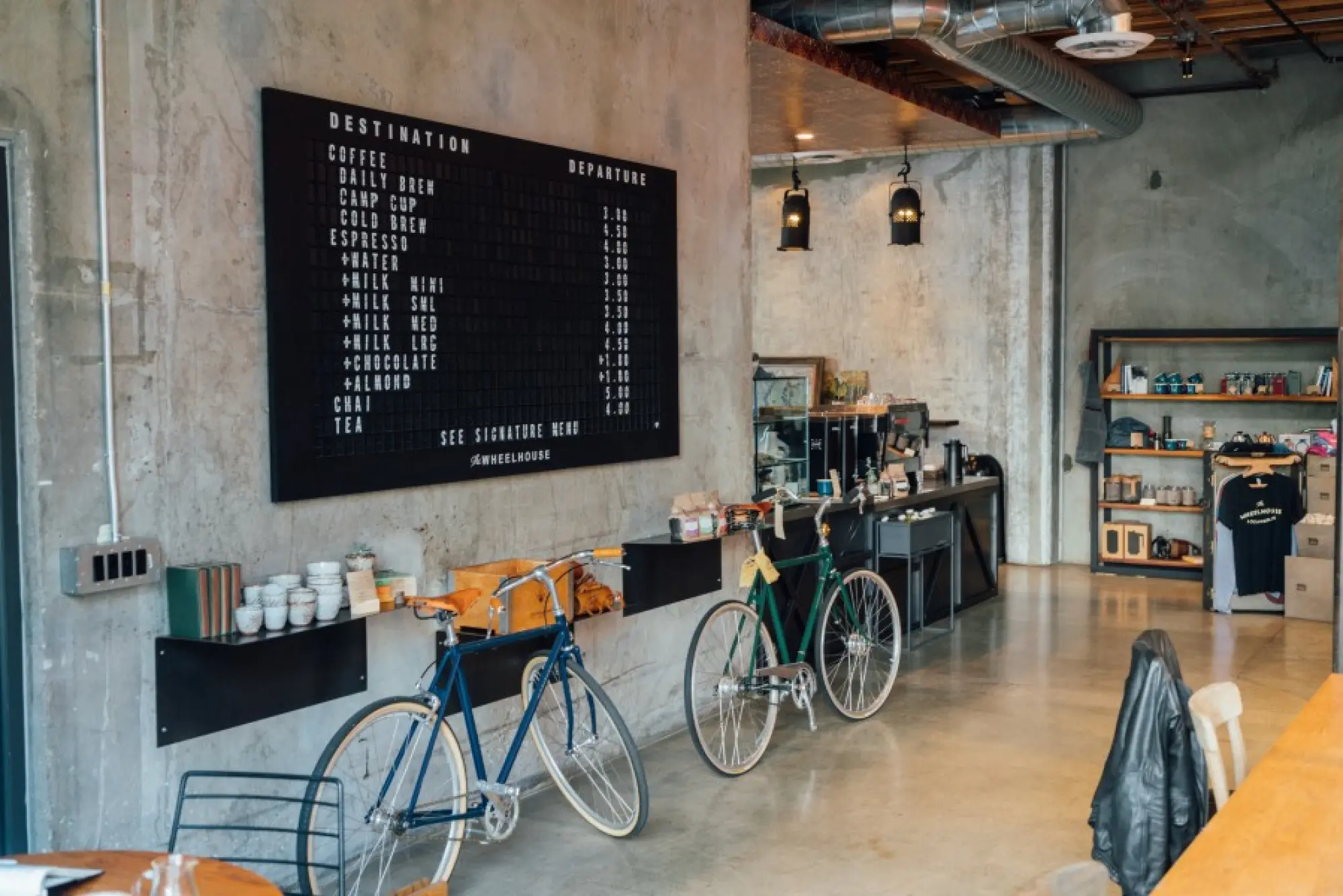Our recent double-header of ‘Sustainability Matters’ reports at Nutritics, in collaboration with CGA by NIQ, looked at consumers’ and employees’ perceptions towards sustainability. We took a look at how these could be used to form top tips to improve sustainability for you, your staff and your customers.
The results were illuminating.
More than two in five consumers (44%) say that sustainability is important in their choice of venue, whilst more than four in five (84%) professionals are more likely to stay in a hospitality job for longer if their employer has a positive environmental impact.
The reports demonstrate that sustainable practices make commercial sense. Done well, sustainability builds brand trust and helps you grow sales, as well as supporting the attraction and retention of employees.
In our latest article, we pull out some of the top tips from the reports on how to improve sustainability in your business and get your staff on board.
Five steps towards stronger sustainability…
- Communicate Better: Consumers are ready to be engaged by brands on sustainability – but they don’t think they’re getting enough information. Authentic messaging about brands’ progress and ambitions establishes trust.
- Gather the data: Reducing a carbon footprint starts with measuring it. Collecting detailed data about the environmental impact of every dish, drink and operational aspect produces a benchmark for improvement.
- Start with sourcing: Local sourcing and seasonal produce are two of the factors most likely to influence consumers’ venue choices. Communicating these on menus and elsewhere indicates commitment.
- Find the right price for your customers: Good environmental practices often come at a cost, and many consumers are willing to pay it – but others baulk at a premium. Understanding what prices the market will bear is crucial.
- Avoid greenwashing: Consumers have grown sceptical about sustainability statements. Honesty is key, and claims need to be properly backed up by data and endorsements.
Five tips for better sustainability for staff…
- Engage: Staff are willing helpers on the mission to make hospitality more sustainable. They’re personally committed and grasp consumers’ concerns. Giving them the freedom to suggest and deliver initiatives can accelerate meaningful change.
- Use sustainability as a recruitment tool: Potential team members – especially younger ones – are significantly more likely to work for a brand if they feel it shares their values. Including sustainability in job ads, interviews and other recruitment touchpoints can improve access to top talent.
- And make it a part of retention strategies too: Environmentally conscious team members are looking for proper commitment and constant action. Embedding sustainability in team meetings, appraisals and other interactions with staff can make it easier to hold on to these engaged employees.
- Focus on reducing and reusing: Recycling materials and reducing waste are two of the most important aspects of sustainability for team members. Making initiatives on these highly visible can be quick wins on staff engagement.
- Show progress: The effects of some sustainability measures aren’t always obvious to staff. It’s important to measure with data, prove progress and celebrate achievements. Calculating the carbon footprint of food products is a good place to start.
To read all our top tips, plus receive valuable insights from some of the biggest names in hospitality, you can download our reports for FREE now. Together, the reports deliver an exclusive and holistic analysis of the issue of sustainability across the hospitality sector.
- Our consumer report can be downloaded here: https://nutritics-1741847.hs-sites.com/sustainability-matters-consumers.
- Our employee research can be downloaded here: https://nutritics-1741847.hs-sites.com/sustainability-matters-staff.
If you’re looking for advice on sustainability in your business, get in touch with the Knowledge Labs team today. Knowledge Labs provides Hospitality and Food Service (HaFS) operators with expert advice and support across a range of topics central to their ESG strategy, including food related sustainability, nutrition, employee wellbeing, and compliance.
